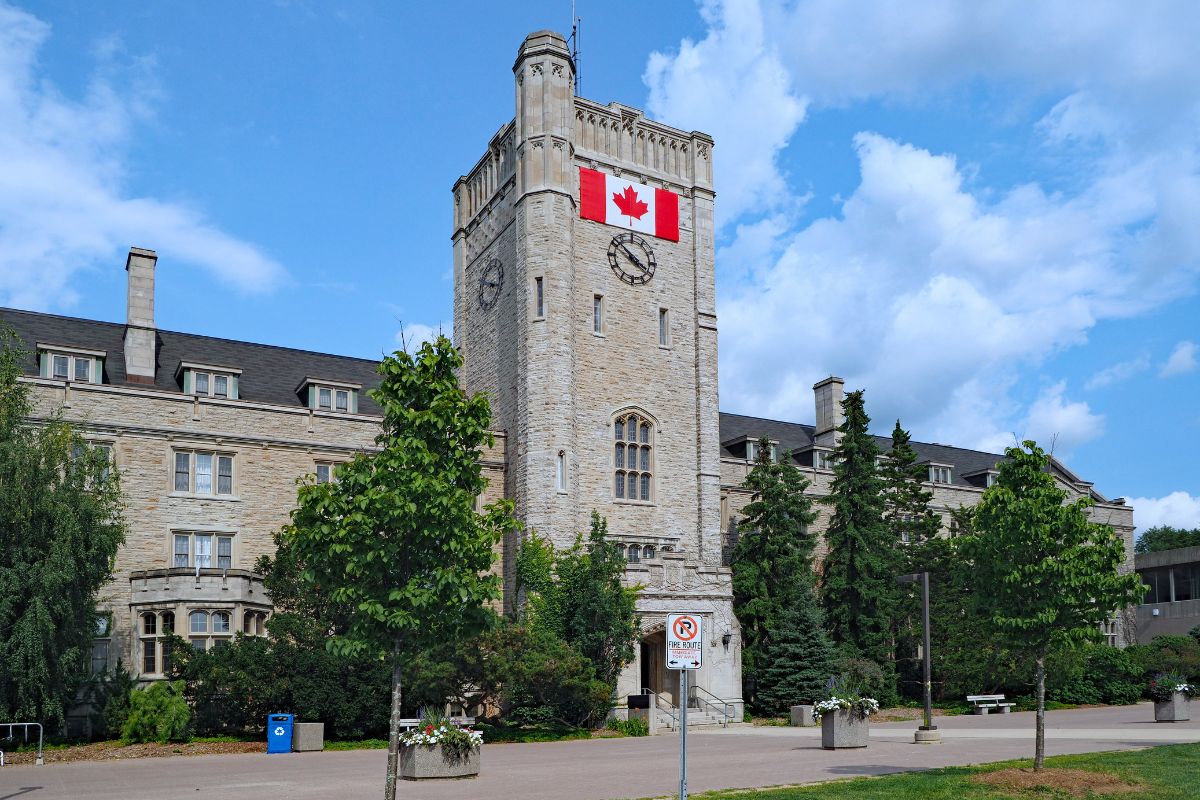Canadian researchers are employing artificial intelligence to optimize various systems and strategies.
A team of researchers in Canada are using machine learning and artificial intelligence (AI) to work on reducing the risks posed by climate change.
The scientists at a Canadian university have been developing Climate Change AI to mitigate risk.
One of the project’s leaders, Sasha Luccioni, is working to use machine learning to overcome some of the biggest challenges humans face as a result of climate change. She is working with researchers at the University of Prince Edward Island (UPEI) to use AI modeling to alert farmers about crop risks as weather becomes increasingly unpredictable.
“If you have a dry year, you see very little disease, but with a wet year, you can get quite a bit of disease around plants,” said UPEI School of Climate Change and Adaptation Interim Associate Dean Aitazaz Farooque.
The researchers can enter previous years’ weather data into an AI model to provide a prediction of the types of diseases that could be a risk for crops at various times of the year, explained Farooque. “Then the grower can be a bit proactive and have an understanding of what they’re getting into.”

Other Canadian Universities have also been working with machine learning for climate change risk.
McGill University in Montreal has a research team working on another application of artificial intelligence to use recent and historical weather data for predicting the social impacts of increasingly extreme weather patterns and events impacted by climate change. These include issues such as flooding, droughts and heat waves.
McGill Geography Department Associate Professor Renee Sieber explained that the researchers are seeking to discover the ways that past responses to disruptive weather events and what can be learned from those patterns for building future resilience. That team will be using a form of AI referred to as language processing for the analysis of social narratives related to weather events in various forms of media such as newspapers.
“The AI is very good for organizing, synthesizing, finding trends or some sentiment out of vast amounts of unstructured text,” explained Sieber about the machine learning technology. “Basically, what you do is throw journal articles into a bucket, and you see what comes out.”

